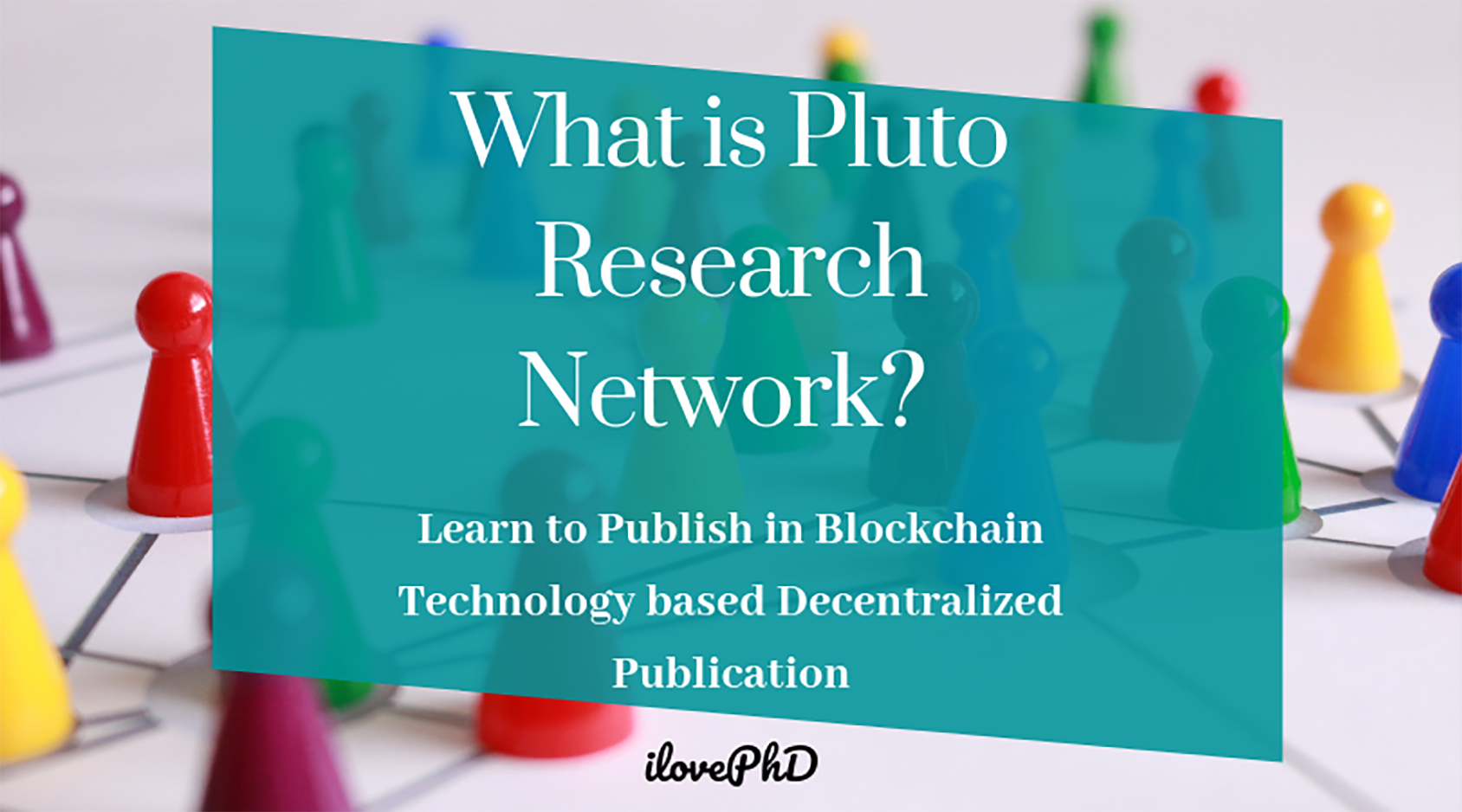Every time a researcher publishes a research paper, the publisher gets more benefit than the researcher. Generally, researchers consider academia to be an ideal place without any barriers that the results of the research are distributed in fair transparent ways. But, in reality, researchers are judged by the number of papers published in prestigious journals such as the SCI or Scopus journals.
In this evaluation system, when the number of publications has grown the publishers have become more powerful and rich while the researchers have had to suffer from increasingly intense competition to understand the problems of scholarly publishing and the current state of the research. The main reason for this barrier is the centralized review and publication system. In this article, we are going to find out the blockchain technology based decentralized publication, Pluto research network.
What is Pluto Research Network?
Pluto.network is a scholarly communication network governed by researchers, and no single individual or group has control of the system.
Researchers on Pluto are encouraged to actively share their information and put reviews on peers’ works. Any forms of academic activities on Pluto are properly compensated.
Pluto makes scholarly communication as transparent as possible. Information is kept clearly visible to anybody, and publishing and reviewing processes are transparent and open to users.
How Pluto Works?
To understand the concept of Pluto, let’s see this example, Researcher A finished writing an academic paper and A wants to receive credit for this paper by sharing it with everyone in the world a submits the paper to an established publisher.
The paper goes through a quick screening by the editors then there are multiple peer reviews to establish its scientific validity the editor aggregates these opinions and decides whether to publish it or not.
Finally, if the paper reaches this point it will be published by the publisher. This system may seem fair to some however it causes a systemic imbalance.
let’s take a look again,
Prioritized during the evaluation process will make some researchers don’t get a chance to shine.
The review process is totally non-transparent and it is subject to the peer review committee, journal editor, and publisher.
If the paper will be finally published, however, the copyright of the paper belongs to the publisher.
How Pluto Solve this problem?
Pluto solve this structural problem by introducing Blockchain based decentralized scholarly communication platform.
Blockchain in Pluto
Blockchain technology in Pluto provides decentralized communication with the protection of information on top of transparency by implementing the zero-knowledge proof, a method of verifying a certain condition without any third information apart from the condition itself.
Pluto’s new scholarly communication platform evaluation and distribution of papers will follow these following steps.
If a researcher B who just finished her paper, uploads it to the platform for evaluations then other researchers will evaluate the paper in exchange for rewards.
These rewards could be career-related, in terms of reputation or even financial.
All evaluation records are published transparently after the audit process is completed.
Researchers who participate in the evaluation receive compensation and penalties based on the quality of the evaluation process.
Evaluation by publishing her works through the Pluto platform researcher B can distribute the paper to a large number of people and receive more visibility.
This review structure also makes it easier for researchers and shares research results quickly cheaply and effectively.
There is no doubt that standard decentralized transparent peer review process is going to be the future. Pluto is the key platform which already started its journey.
Thank you!
The Love of knowledge!

